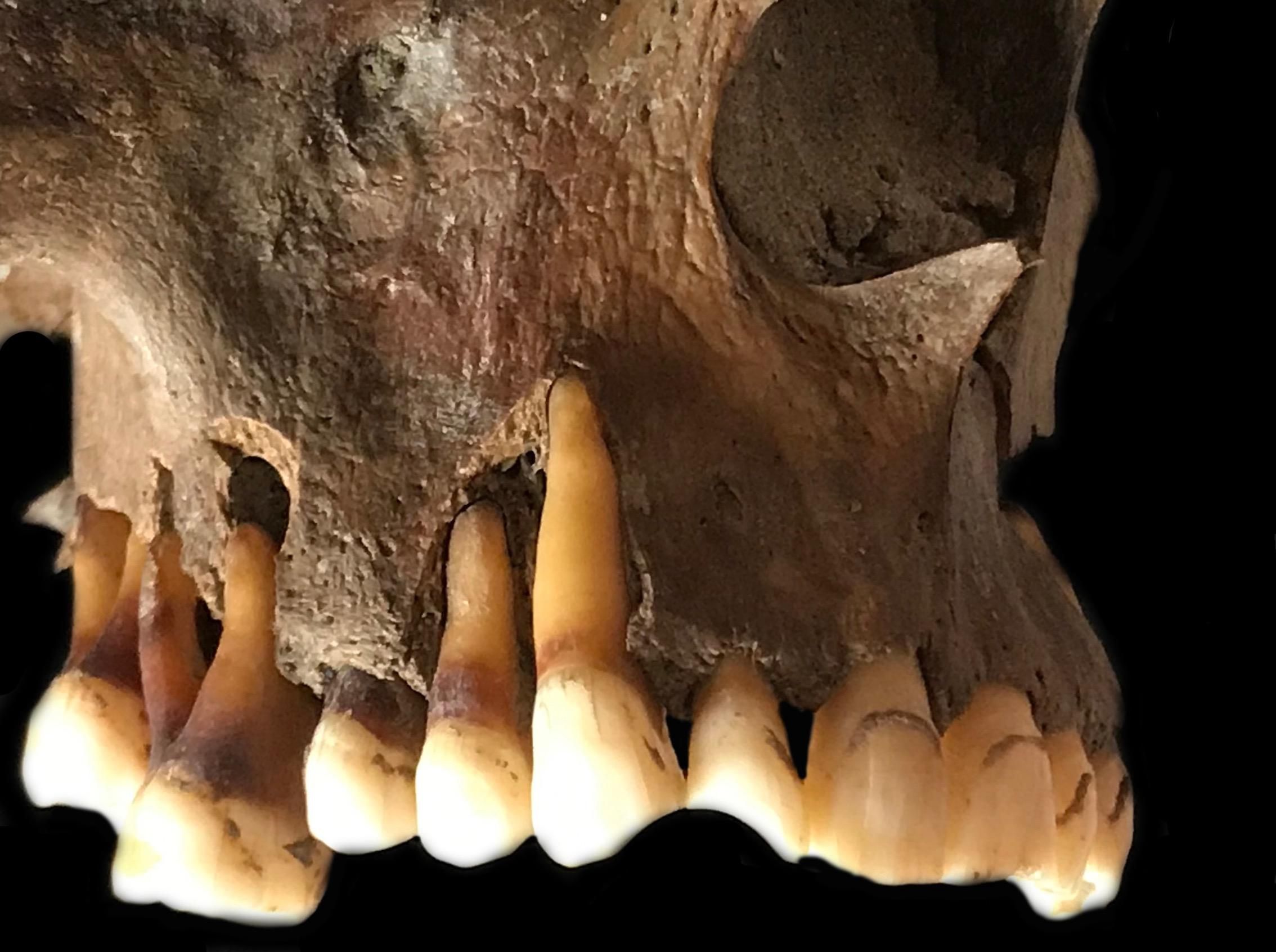
(HealthDay News) – A bacteria that causes a rare but serious disease has been discovered in soil and water samples in the Gulf Coast region of Mississippi after two people who live near each other fell ill. In a notice issued Wednesday, the U.S. Centers for Disease Control and Prevention advised Gulf Coast residents, particularly… read on > read on >






























